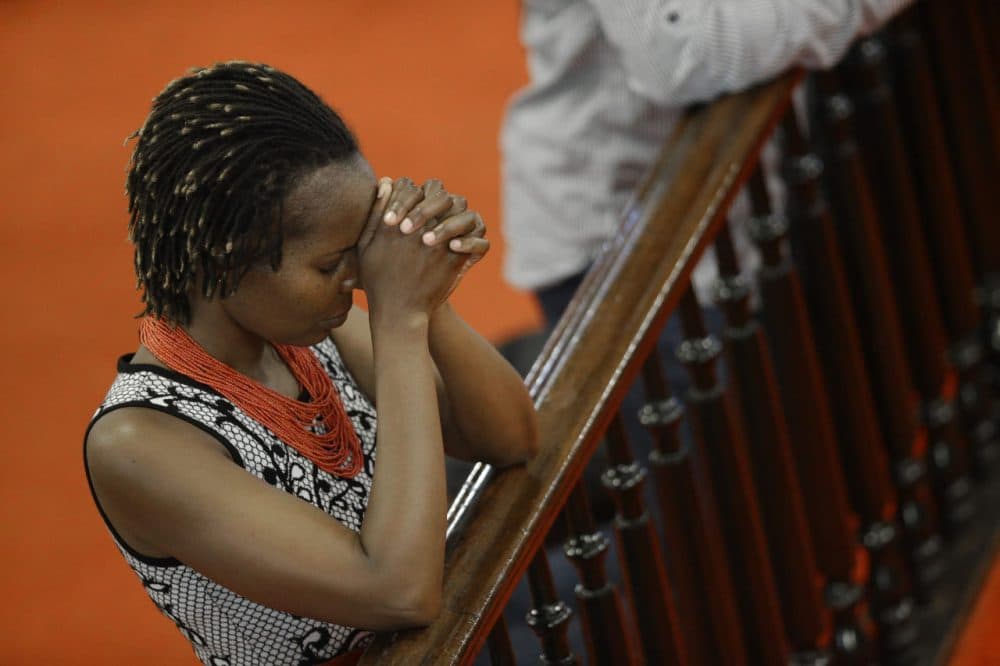Advertisement
What Forgiveness Means In The Wake Of The Charleston Massacre

Last week in Charleston, Nadine Collier spoke at Dylann Roof's bond hearing. Her mother, Ethel Lance, was one of nine people gunned down at Charleston's Emmanuel A.M.E. Church. Collier will never see her mother again. And yet, when she faced Roof on Friday, she chose forgiveness.
"I just want everybody to know, to you, I forgive you," said Collier. "You took something very precious away from me. I will never talk to her ever again. I will never be able to hold her again, but I forgive you. And have mercy on your soul. You hurt me, you hurt a lot of people, but God forgive you. And I forgive you."
Many other family members who spoke forgave Roof, the suspected shooter. Their example follows a long history in the black freedom movement of grace and forbearance in the face of violence and oppression. But, it also exposes an equally historic tension. As UConn Professor Jelani Cobb wrote on Twitter, "It's naive in America to think that forgiveness of white supremacy is anything other than a pass."
So, how should we think about forgiveness, when we think about the Charleston shooting?
Guests
Rev. Liz Walker, senior pastor at Roxbury Presbyterian Church.
Tricia Rose, professor of Africana Studies at Brown University and director of Brown's Center for the Study of Race and Ethnicity in America. She tweets @ProfTriciaRose.
More
The Washington Post: Black America Should Stop Forgiving White Racists
- "The morgue tag was still on Sharonda Coleman-Singleton’s toe when her teenage children stood in front of news cameras and said they had forgiven Dylann Roof for murdering their mother in cold blood."
The New Yorker: Mercy And A Manifesto In Charleston
- "It is an enduring mystery of life how the moral range of humanity can stretch from a twisted young racist such as Dylann Roof, who faces charges of slaughtering six women and three men during a Bible-study class, to a woman such as Nadine Collier, who is the daughter of one of the victims, Ethel Lance, and who was able to find it in her heart to turn to Roof at his bond hearing and say, 'I forgive you.'"
The Washington Post: The Power Of Forgiveness In Charleston
- "When many relatives of those cruelly murdered in Charleston — by a man who talked and prayed with his victims for an hour before systematically gunning them down — publicly offered their forgiveness, it was stunning and admirable in many ways."
This segment aired on June 23, 2015.